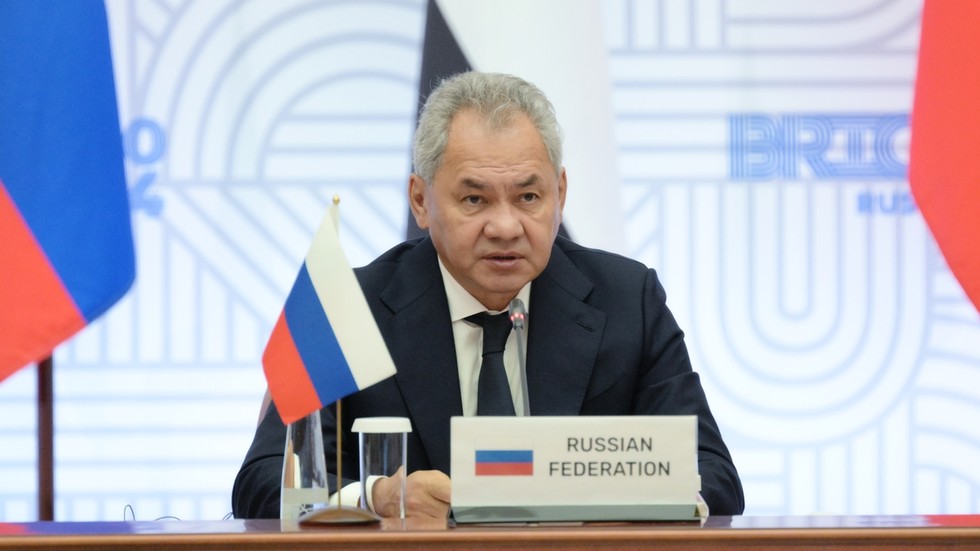An anti-dumping investigation into imports of pork products is at the heart of a trade tug-of-war between Europe and China
European pigs have found themselves at the centre of a trade tug-of-war.
Pork is a hugely important and lucrative export for many European Union nations.
The opening on Monday of a Chinese probe into EU pork imports has caused concern for farmers who make a significant portion of their money from exports to China.
The investigation will cover various products including fresh and frozen pork meat, intestines and other internal organs. The announcement says it is expected to take one year, with a possible six-month extension.
In parts of France like Ille-et-Vilaine, farmers can make between 10-15% of their sales from selling to China - where parts of the pig rarely eaten elsewhere in the world, such as ears and feet, are part of the market.
Pork is an important market for France. Last year, France exported a total of 115,700 tonnes of pork to China, representing over 16% of its total exports.
Olof Gill, a spokesperson on trade for the European Commission, said that EU farm subsidies “are strictly in line with our WTO obligations” and that the commission would follow the investigation very closely and intervene as needed to ensure that the Chinese probe complies with World Trade Organization rules.
Tit for Tat measure
Retaliatory measures on pork come as no surprise to international trade experts. Last week, the European Union slapped additional tariffs of up to 38% on Chinese electric car imports from next month following a probe of their own.
The Chinese Commerce Ministry didn't mention the EV tariffs when it the opening of the anti-dumping investigation. The move also gives China a bargaining chip in any trade negotiations.
China could have slapped a 25% duty on imports of gasoline-powered vehicles with large engines in the name of combating climate change, a step that would have hit Mercedes and BMW hard.
In choosing not to do so, at least for now, the government may be acknowledging the public opposition of the German auto industry to the EU tariffs, as well as its sizeable production in China.
Chinese officials have said the EU investigation into subsidies for electric vehicle production in China is “typical protectionist behaviour” that disregards WTO rules. The EU plans to impose provisional tariffs of 17.4% to 38.1% on EVs from China for four months starting July 4. They would apply to vehicles exported to Europe by both Chinese and foreign brands, including Tesla.
Tensions escalate
German vice-chancellor Robert Habeck is travelling to China as tensions escalate.
“These relations have certainly become much more complex in the past. The economic policy disputes have now come to a head once again, particularly with the e-car tariffs,” he said.
EU exports of pork products to China hit a peak of €7.4 billion in 2020 when Beijing had to turn to products from abroad to satisfy domestic demand after its pig farms were decimated by swine disease.
Since then, they have dropped, hitting €2.5 billion last year. Almost half of that total came from Spain.
“We must avoid an escalation of trade countermeasures,” said Spanish Economy Minister Carlos Cuerpo.
The Spanish pork industry association Interporc said in a statement that it would “offer complete collaboration with Chinese authorities” and provide them with any documents they require.
“The agricultural industry does not tend to be the source of conflicts but it does end up paying the price often enough,” said Spain’s Minister for Agriculture, Luis Planas, citing the United States’ imposition of tariffs on some EU farming products in 2019 during a dispute over subsidies for aircraft maker Airbus.
“I believe that we have both the time and the margin to negotiate and try to avoid this trade conflict,” Planas said.

 4 months ago
23
4 months ago
23








